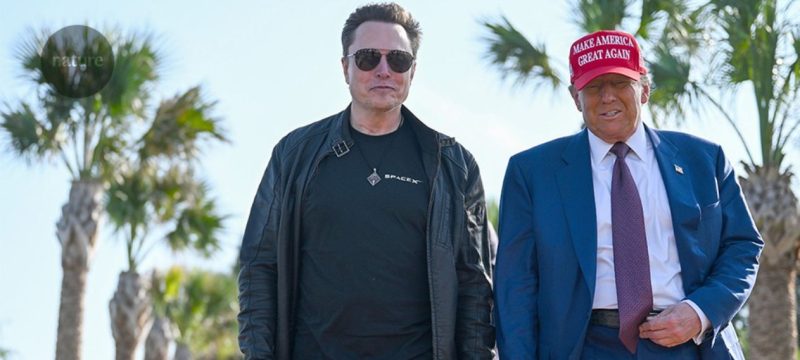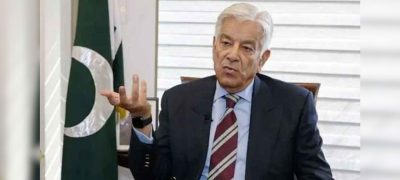Billionaire entrepreneur Elon Musk has officially announced his exit from the Trump administration, ending his controversial tenure as a special government employee leading the Department of Government Efficiency (Doge).
In a message shared on his social media platform X, Musk expressed gratitude to former President Donald Trump for the chance to oversee the Doge initiative, which aimed to cut federal spending and reduce government bureaucracy. “As my term as a Special Government Employee concludes, I want to thank President @realDonaldTrump for the opportunity to eliminate wasteful spending,” he stated. “The @DOGE mission will continue to grow and become embedded within government operations.”
Read more: Microsoft Partners with Elon Musk’s xAI to Host Grok Amid Backlash and AI Push
Musk’s role, which allowed him to serve up to 130 days annually under a legal framework designed for outside experts aiding government functions, was reportedly wound down by the White House starting Wednesday night. Sources revealed this “offboarding” coincided with Musk’s public criticism of Trump’s latest budget proposal.
The timing was notable, as Musk had publicly denounced the administration’s budget bill just a day earlier, calling it fiscally reckless. In a CBS interview, he criticized the bill—featuring extensive tax cuts and increased defense spending—claiming it would “worsen the federal deficit” and “undermine the Doge program’s work.”
He humorously remarked, “A bill can be big or it can be beautiful, but I’m not sure it can be both.”
Originally, Musk promised to slash $2 trillion in federal expenses, but later revised the goal down to $150 billion. The Doge program reportedly led to the elimination of around 260,000 federal jobs from a 2.3 million-strong civilian workforce through layoffs and voluntary retirements. However, the aggressive cuts caused some missteps, including wrongful dismissals from key agencies such as the US nuclear program, with courts stepping in to reinstate some employees.
Musk’s time in Washington was marked by ongoing clashes with senior Trump officials and growing public scrutiny. In April, he announced plans to step back from his government duties to focus more on his businesses, stating that Doge had become “a scapegoat for all problems.”
“Whenever something went wrong, we were blamed regardless of our involvement,” he told the Washington Post during a SpaceX event in Texas earlier this week.
His public service stint also coincided with challenges in his corporate ventures. Tesla experienced a 13% drop in sales in the first quarter of 2025—the steepest decline in the company’s history—with its stock plummeting as much as 45% before a slight rebound.
The company warned investors about ongoing uncertainties, attributing part of the risk to “changing political sentiment.” Musk confirmed in an earnings call that his attention would shift back to Tesla, with his involvement in Doge significantly reduced.
Meanwhile, Tesla faced protests and vandalism at various dealerships and charging stations, with activists linking the backlash to Musk’s political ties. US Attorney General Pam Bondi labeled these attacks as “domestic terrorism.”
At the Qatar Economic Forum in Doha, Musk reaffirmed his commitment to Tesla, pledging to lead the company for the next five years. He also indicated a pullback from politics, announcing plans to cut political donations after spending nearly $300 million supporting Trump’s re-election campaign and other Republican initiatives last year.









